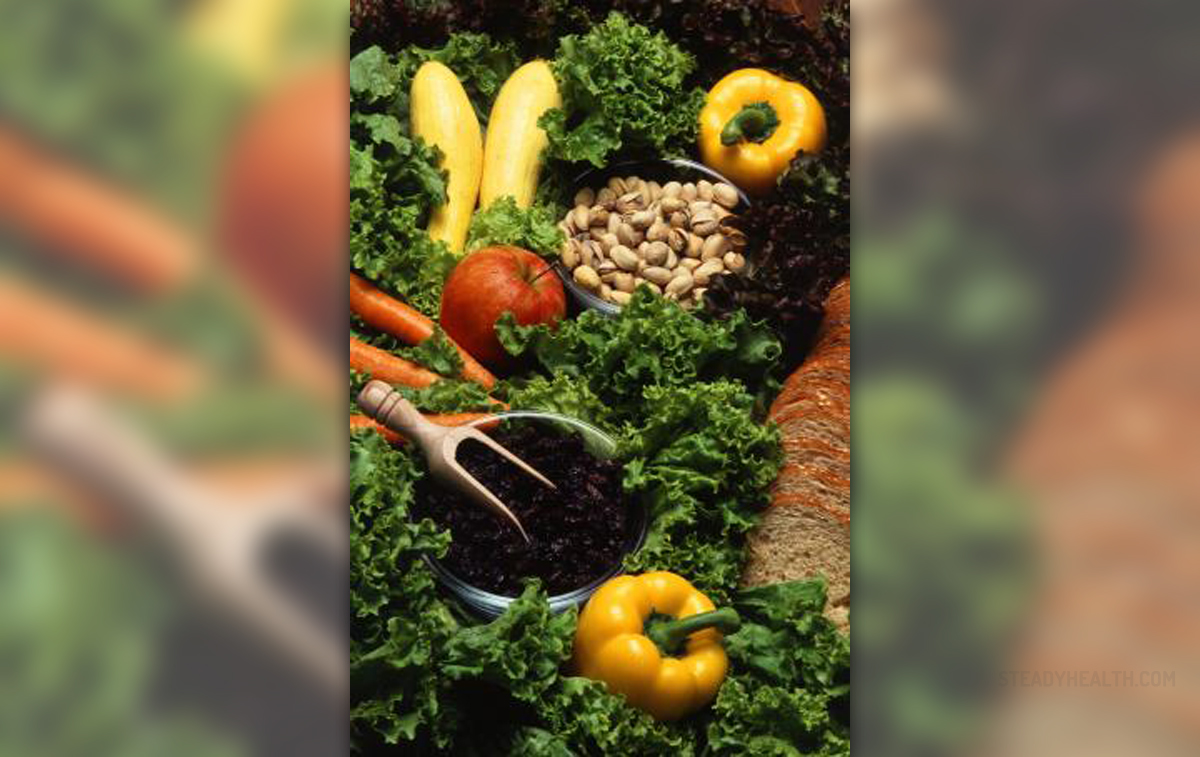
Candida infections are usually very persistent. They just go away by simply taking the right medication, and some lifestyle changes are necessary. This especially means dietary changes. Vegetarian candida diet is a specific kind of vegetarian, which is based on avoiding the foods that promote candida overgrowth and eating more of those that suppress the fungi.
Vegetarianism and candida
It is a well known fact that taking antibiotics, especially over a longer period of time, carries the risk of candida infection. This happens because antibiotics not only kill the harmful bacteria in the body, but they kill the beneficial ones too. The role of so called friendly bacteria is to keep the balance and prevent the overgrowth of harmful microorganisms, including fungus. When the count of friendly bacteria is low, fungus can overgrow and cause an infection.
The logical question would be; what is the role of meat in all this? The thing is that most of the animals farmed for meat in America are treated with hormones and antibiotics, which remain in traces in the meat. That way the antibiotics enter the human body, which can lead to candida overgrowth via the mechanism explained above.
Vegetarians and vegans are not at risk of this, since they do not consume meat and/or dairy products.
Specific vegetarian diet for candida
When doctors diagnose a fungal infection, they prescribe appropriate medications and they also recommend following a certain diet plan. That diet plan, that is supposed to be followed over a certain period of time, usually for several months, is based on foods that inhibit the fungus. Certain foods promote multiplication of fungi and they should logically be avoided.
This specific diet plan, which is designed for vegetarians, includes consumption of vegetables, for example in salads or chopped, including tomatoes, avocados, limes and lemons, which are the only fruit that is allowed. All other fruit is to be avoided for at least three weeks.
Root vegetables such as potatoes are also allowed. It is recommended to eat seeds and nuts, and to keep them refrigerated.
Those vegetarians who are not vegans, meaning that they do eat eggs and dairy, should only eat free-range eggs and dairy products obtained from free-range farm animals. This is usually more expensive than eating regular eggs and dairy products, but the benefits on the long run are very positive.
Alternatives to dairy, like soy, rice or almond milk and yogurt are also recommended.
Whole grains must be unrefined and they can include brown rice, whole wheat bread and pasta, quinoa and oats.
As for the fats, it is best if they come from extra virgin olive oil, rapeseed, flaxseed and sunflower.
All products containing yeast, sugars and fermented foods must be avoided until the infection subsides.




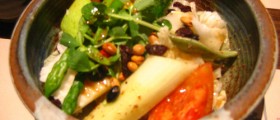

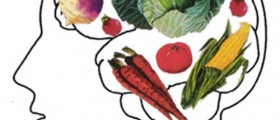

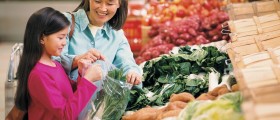

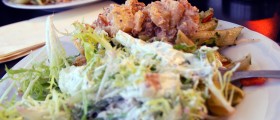
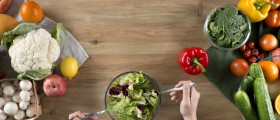
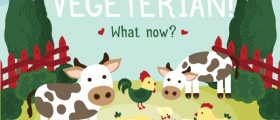
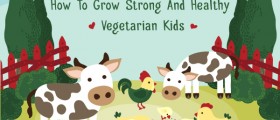
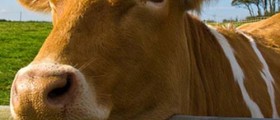
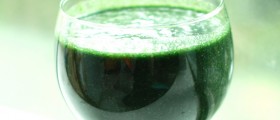
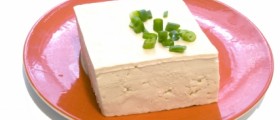
Your thoughts on this
Loading...